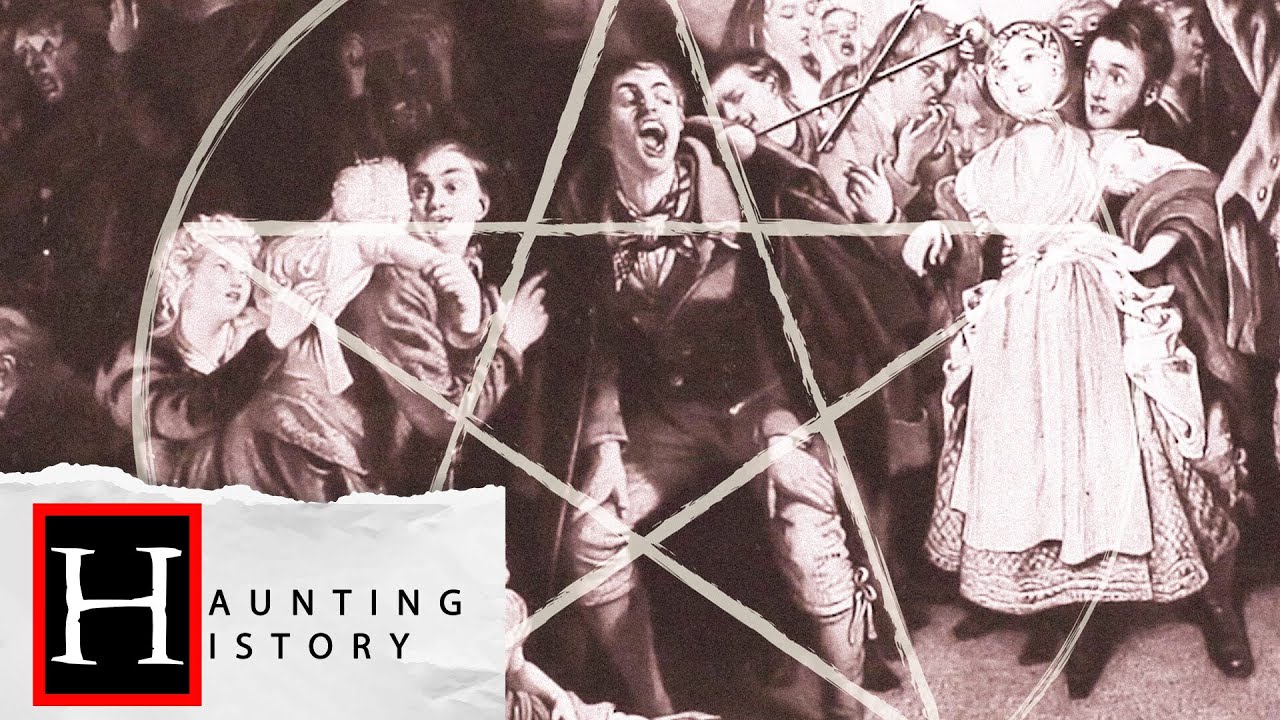Is Halloween a Holiday?: The No. 1 Ultimate Truth Unveiled and It Might Astound You!
Halloween has long been celebrated as a holiday, but have you ever stopped to wonder if it truly qualifies as one? With its roots in ancient Celtic traditions and its modern-day association with costumes, candy, and spooky festivities, the celebration certainly has all the makings of a holiday. In this article, we will explore the origins of the celebration, its cultural significance, and whether or not it meets the criteria to be considered a holiday. Join us on this captivating journey as we unravel the mysteries and traditions surrounding this beloved autumn celebration. Get ready to be enchanted by the magic of Halloween!
History of Halloween
Halloween, also known as All Hallows’ Eve, has its roots in ancient Celtic festivals such as Samhain. This festival marked the end of the harvest season and the beginning of winter. It was believed that on the night of October 31st, the boundary between the living and the dead was blurred, and the spirits of the dead returned to Earth. People would light bonfires and wear costumes to ward off roaming ghosts.
Traditional Celebrations
Over time, the celebration evolved into a holiday filled with various traditions and customs. One of the most iconic traditions is trick-or-treating, where children dress up in costumes and go from house to house, collecting treats. Jack-o’-lanterns, carved pumpkins with a candle inside, are another popular the celebration tradition. People also decorate their homes with spooky decorations, such as cobwebs, ghosts, and skeletons. Costume parties, haunted houses, and apple bobbing are other common activities associated with the celebration.
Controversies
Despite its popularity, the celebration has been subject to controversies over the years. Some religious groups view the holiday as pagan or satanic in nature and discourage participation. Additionally, concerns about cultural appropriation arise as people sometimes choose costumes that perpetuate harmful stereotypes. It is essential to approach the celebration with sensitivity and respect for different beliefs and cultures.
Around the World
While the celebration originated in Celtic cultures, it has spread and been adapted to various countries around the world. In Ireland, the birthplace of the celebration, the holiday is still celebrated with traditional customs and festivities. In Mexico, the Day of the Dead takes place around the same time as the celebration, focusing on honoring deceased loved ones. In other countries, such as the United States and Canada, Halloween has become synonymous with costume parties, haunted attractions, and trick-or-treating.
Cultural Phenomenon
Halloween has evolved into more than just a holiday. It has become a cultural phenomenon that extends beyond its historical roots. It is celebrated by people of all ages, and the festivities have expanded to include themed events at amusement parks, businesses organizing Halloween-themed promotions, and even pets participating in costume contests. The popularity of the celebration demonstrates its significance in contemporary society.
Commercialization
As with many holidays, the celebration has seen commercialization over the years. Retailers capitalize on the demand for costumes, decorations, and candy, creating a profitable market. However, the commercial aspects should not overshadow the cultural and historical significance of the celebration. It is essential to remember the traditional roots and the spirit of community and celebration that underlie the holiday.
Halloween as a Day of Remembrance
While Halloween is often associated with spooky and fun activities, it also serves as a day of remembrance. Many people take the opportunity to honor deceased loved ones and reflect on mortality. This connection to remembering the departed aligns with the historical belief that the boundary between the living and the dead is thinner on the celebration. It is a time for reflection and acknowledging the cycle of life and death.
The Significance of Costumes and Masks
Costumes and masks play a pivotal role in Halloween celebrations. Dressing up allows people to adopt different identities, temporarily transforming into fictional characters, mythical creatures, or even representations of their fears. It provides an opportunity for self-expression and creativity. Choosing a costume can be a way to explore one’s imagination and showcase individuality.
Community
Halloween has a unique ability to bring communities together. Whether through neighborhood trick-or-treating or community events, the holiday fosters a sense of camaraderie and creates lasting memories. It encourages interaction between neighbors and provides a space for shared experiences. The celebration has the power to strengthen community bonds and promote a sense of belonging.
Safety Concerns and Precautions
While the event is a joyous occasion, it is essential to prioritize safety. Trick-or-treaters should wear reflective clothing and carry a flashlight to increase visibility. Parents should accompany young children or ensure they are supervised by a responsible adult. Inspecting treats for potential hazards and setting rules about consuming them is crucial. It is also important to be mindful of fire safety when using candles in jack-o’-lanterns or decorative displays.
In conclusion, Halloween is a holiday that has deep historical roots, cultural significance, and widespread celebration. It brings communities together, provides an opportunity for self-expression, and evokes a sense of remembrance. While there are controversies and commercialization surrounding the holiday, it remains a cherished tradition for many people around the world. By embracing the spirit of the celebration with respect, creativity, and safety precautions, we can fully enjoy this unique and festive occasion.
How Halloween Was Created: 5 Fascinating Steps Outlined
How Halloween Started: Top 8 Origins Uncovered
Is Halloween the Devil’s Birthday? Busting the No. 1 Secret Myth













